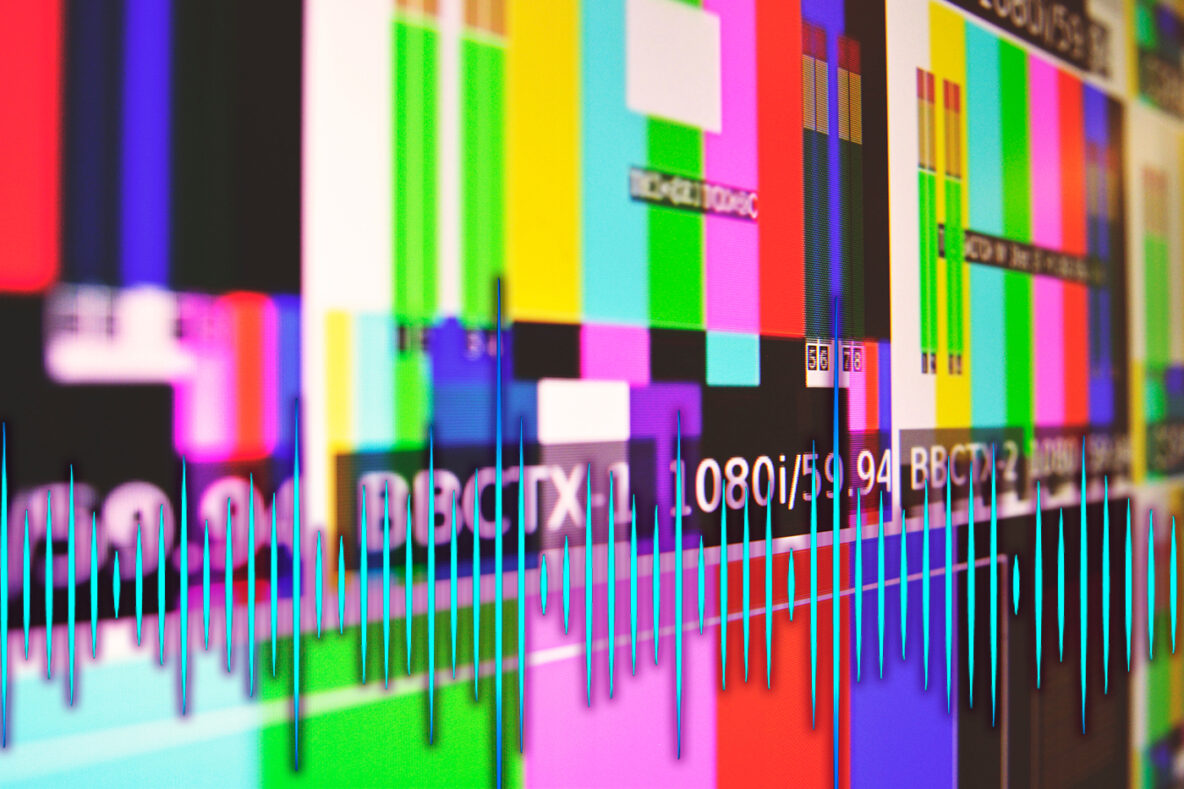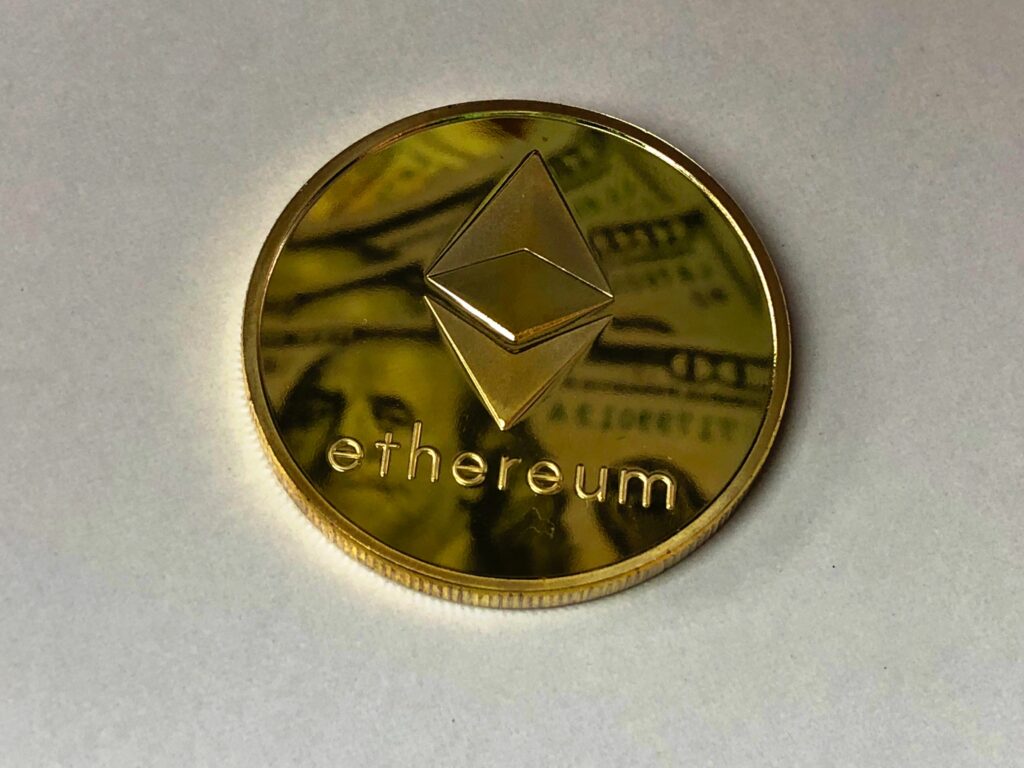NFTs and The Music Industry

The rise of Non-Fungible Tokens, also known as NFTs, is a new trend in the music industry that is just getting started.
NFT transactions allow audiences to purchase media content by their favorite artists.
Let’s take a closer look at what Non-Fungible Tokens (NFTs) are and how they affect the music industry.
Relationship Between Cryptocurrency and NFTs

NFTs for music artists make use of cryptocurrency technology, such as Ethereum, to operate.
Buyers make use of digital wallets that are encrypted.
These wallets can contain cryptocurrency and NFTs. Blockchain technology tracks transactions between wallets.
There is no record of crypto wallets, only transactions between wallets are saved in the blockchain, thereby providing security.
Anyone wishing to steal the currency contained within a wallet must first modify any previous transactions involving that currency. Blockchain technology is used to protect the currency stored in wallets and prevents that happening.
Transactions in NFT Trading
Transactions involving cryptocurrencies are secure and quick. Non-Fungible Tokens (NFTs) for music are appealing to both artists and fans.
For example, concert tickets, limited-edition events, digital content, merchandise, and music are all examples of what is available. Fans purchasing NFTs receive the content in a secure transaction that is sent to their digital wallet.
Unlike traditional record sales, artists can raise funds for the content they sell and retain a large portion of the proceeds because these exchanges do not require the participation of a record company. Of course, the artist must own the rights to their content.
NFTs for Music
Learning about cryptocurrencies and Non-Fungible Tokens (NFTs) can be a time-consuming and frustrating endeavor. However, there is an enormous amount of money that is generated and spent in the cryptocurrency world.
SJ10 makes it easier for fans to purchase its NFTs by offering US dollar credit card transactions through SJ10.net. When a credit card purchase is made through the website, SJ10 then sends the NFT purchased to the fan’s wallet. This eliminates the need to purchase cryptocurrency for those that are new to the cryptocurrency world but still allows them to enjoy NFT’s and support their favorite artists. Experienced crypto fans can also purchase through the Mozik app and website.
Selling digital versions of their artwork, music, video clips, and images has resulted in millions of dollars in revenue for artists. They can sell virtually any other digital media they can think of on the Blockchain, including music, movies, and books.
2020 will be remembered as a harsh year where the music industry was turned upside down by the elimination of live performances. Due to the increasing digitalization of the world, artists are looking for new ways to connect with their audiences.
Benefits of NFTs for Music
1. Convenience and Portability
The first advantage of NFTs in music industry is that they are simple and convenient to work with. Fan’s must first create a digital wallet and then purchase an NFT before it can be downloaded. It becomes as simple as shopping online.
2. No Intermediaries
Only a tiny portion of the money raised by fans through album purchases, streaming on Spotify, and merchandise purchases goes to the artist, the majority goes to the record label or streaming service provider.
3. Content and Experiences
When it comes to deciding what they NFT’s they want to offer, artists have a great deal of leeway. NFTs for music could be both digital and physical in nature.
Artists sell albums, digital art, sound snippets, merchandising, concert tickets, and other NFTs. Fans are thrilled to be able to take advantage of these limited opportunities and are willing to pay a premium for them.
For example, in February, DJ and music producer 3LAU made $11.6 million in just 24 hours by selling music NFTs. Grimes, a Canadian singer, made $5.8 million in less than 20 minutes just a few days later, in a similar fashion.
Post Malone auctioned off an NFT to compete in a beer bong battle in the first week of March, and DJ Steve Aoki made $4.2 million in the first week of March. NFTs for music and other art forms have opened up a new way for artists to connect with their audiences and reach new audiences.
Fans can completely change an artist’s fortunes and at the same time acquire a collectible that can be sold on one of the many NFT marketplaces available if they wish to.
In Summary
NFTs for musicians allow artists to explore new possibilities and interactions with their fans and fans to support artists. NFT’s have the potential to change the music industry in the same way that the internet did.